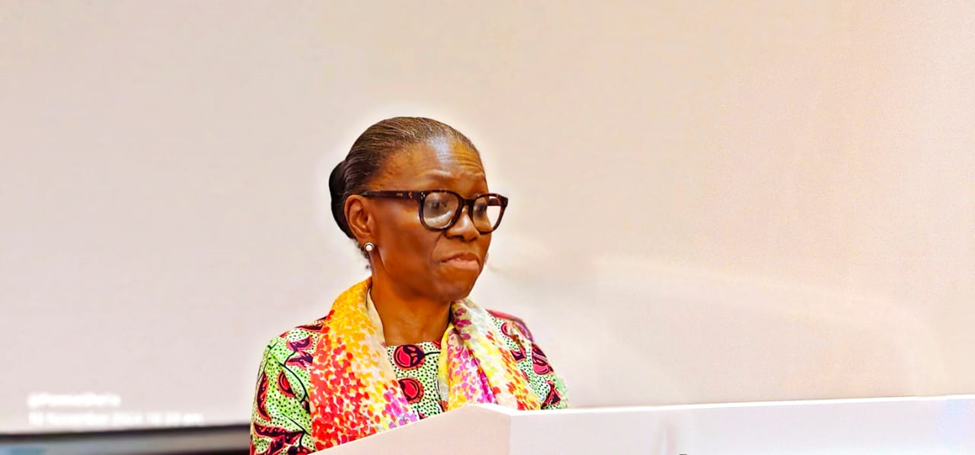South Sudan's English Daily Newspaper
"We Dare where others fear"

By Jenifer James
South Sudan is the second most dangerous country in the world for humanitarian workers this year, according to the Aid Worker Security Database.
The nation continues to experience escalating violence, which jeopardises the safety of those providing life-saving aid.
In a press release issued on Tuesday, Anita Kiki Gbeho, the United Nations Humanitarian Coordinator for South Sudan, paid tribute to humanitarian workers in South Sudan and across the globe on this year’s World Humanitarian Day.
“On World Humanitarian Day, we honour humanitarian workers in South Sudan and around the world, remember those who have lost their lives in the line of duty, and rally support for individuals affected by crises,” Ms. Gbeho stated.
Since January, there have been 26 reported casualties in South Sudan’s humanitarian sector, including 15 humanitarian workers and 11 contractors who have either been killed or injured. This represents a concerning increase compared to 15 casualties during the same period last year. From January to July 2025, over 200 incidents of direct violence against humanitarian workers and assets have been documented, up from 176 in 2024.
Heightened insecurity has compelled 56 humanitarian workers to relocate from their operational areas.
The majority of humanitarian personnel in South Sudan are South Sudanese nationals, who continue to serve their communities with exceptional bravery. This year’s World Humanitarian Day theme, “Act for Humanity,” is especially significant in light of ongoing challenges, including recurrent flooding that is expected to affect 1.6 million people, rising humanitarian needs impacting over 70 percent of the population, diminishing resources, and escalating violence that has displaced 355,000 individuals since January.
Despite these challenges, humanitarian workers remain dedicated to their mission. By June 2025, aid partners had reached approximately 3.2 million people, which is 59 percent of the target outlined in the 2025 Response Plan, even in hard-to-reach, conflict-affected areas.
“While the country needs humanitarian workers more than ever, the humanitarian community is under immense pressure, facing reduced funding and a surge in attacks on workers, including injuries, kidnappings, and killings,” Ms. Gbeho noted.
On World Humanitarian Day, the humanitarian community is urging the Government of South Sudan, non-state actors, and all stakeholders to protect civilians—including women and children—and ensure the safety of humanitarian workers. They also call on the international community to maintain support for South Sudan’s journey towards peace, recovery, and resilience.
“We honour the commitment of humanitarian workers who, each and every day, reach people in need with life-saving assistance, often under the most challenging and dangerous conditions,” Ms. Gbeho added.



